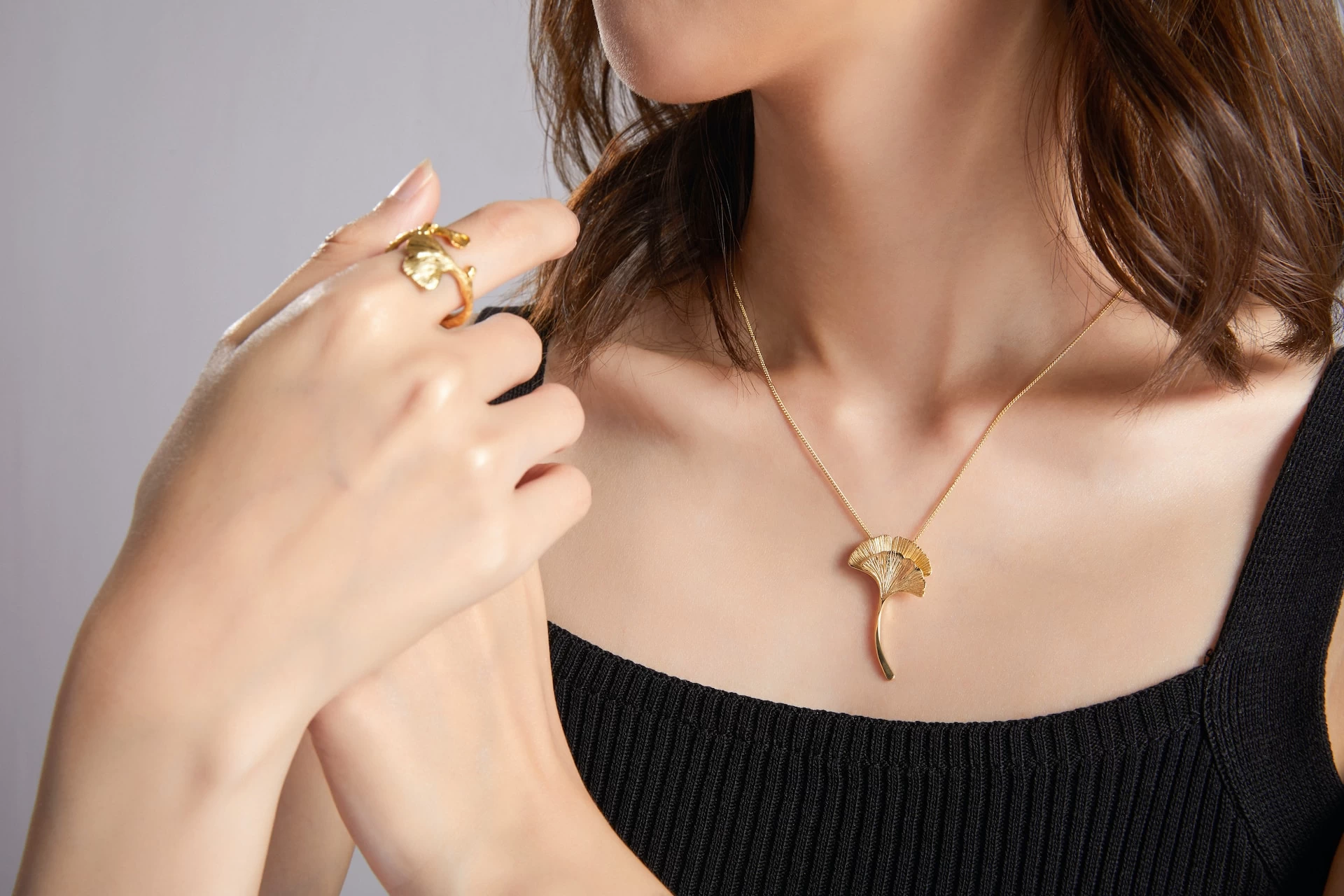Jewellery has always been a cherished possession with immense sentimental and aesthetic value. Often, the finishing touch elevates any outfit and reflects one’s personality and style. However, in recent times, there has been growing concern about the fashion industry’s environmental impact and ethical practices, including the production of jewellery. In response, many consumers turn to handmade jewellery as a more sustainable and ethical alternative to mass-produced pieces.
Sustainability and Ethics in the Fashion Industry
The fashion industry is known to be a significant contributor to environmental damage, with fast fashion brands producing clothes and accessories at an alarming rate, resulting in huge amounts of waste and pollution. Mass-produced jewellery is no exception, often using harmful chemicals and unsustainable materials such as synthetic gemstones and metals. Furthermore, the working conditions for those involved in mass production are often substandard, with low wages and exploitation being common issues.
Choosing handmade jewellery can be a sustainable and ethical decision, as it is often made with greater attention to detail and with more sustainable and ethically-sourced materials. Small independent businesses and artisans who create handmade jewellery often commit to using sustainable practices and reducing their environmental footprint. By choosing handmade jewellery, consumers can support these businesses and contribute to a better future for our planet and people.
Benefits of Choosing Handmade Jewellery
Handmade jewellery offers several benefits over mass-produced pieces. Firstly, it is often highly quality and made with greater attention to detail. Handmade jewellery is crafted by skilled artisans who take pride in their work and often use traditional techniques, resulting in unique and high-quality pieces.
Secondly, handmade jewellery is often one-of-a-kind or made in limited quantities, making the jewellery unique and special addition to any collection. Mass-produced jewellery, on the other hand, is often produced in large quantities, resulting in a lack of individuality and originality.
Finally, choosing handmade jewellery supports small, independent businesses and artisans who often use sustainable and ethical practices. By supporting these businesses, consumers are helping to create a more sustainable and equitable fashion industry.
How to Choose Handmade Jewellery
When choosing handmade jewellery, there are several factors to consider. Firstly, it is important to find a reputable brand or artisan who creates high-quality handmade jewellery..
Secondly, it is essential to ask questions about the materials used in the jewellery. Look for jewellery made from sustainable and ethically-sourced materials such as recycled metals and gemstones. Consider the environmental impact of the materials used, and look for brands and artisans committed to reducing their environmental footprint.
Finally, it is essential to consider the overall design and craftsmanship of the jewellery. Look for pieces that are unique and of high quality, with attention paid to every detail. Handmade jewellery is often more intricate and detailed than mass-produced pieces, making it a true work of art.
Caring for Handmade Jewellery
Once you have chosen a piece of handmade jewellery, it is essential to care for it properly to ensure its longevity. Follow these best practices for cleaning and storing handmade jewellery:
- Clean your jewellery regularly using a soft cloth and mild soap and water.
- Store your jewellery in a safe and dry place, away from sunlight and moisture.
- Remove jewellery before swimming or participating in any physical activity that could damage the jewellery.
By following these best practices, you can maintain the quality and longevity of your handmade jewellery for years to come.
Conclusion
Choosing handmade jewellery over mass-produced pieces is a sustainable and ethical decision that consumers can make to promote a better future for our planet and people. Handmade jewellery offers several benefits, including higher quality, unique designs, and support for small businesses and artisans. By supporting handmade jewellery, consumers can help reduce the fashion industry’s environmental impact and promote ethical practices in jewelry production.
FAQs
1. What is the difference between handmade and mass-produced jewellery?
Handmade jewellery is crafted by skilled artisans using traditional techniques and often in small quantities. On the other hand, mass-produced jewelry is produced in large quantities using machines, often with less attention paid to quality and design.
2. Is handmade jewellery more expensive than mass-produced jewellery?
Handmade jewellery can be more expensive than mass-produced jewellery due to the time and skill required to create each piece. However, the higher quality and unique handmade jewelry designs can make it a worthwhile investment.
3. How can I ensure that the handmade jewellery I am buying is made sustainably and ethically?
Ask questions about the production process and look for certifications such as Fairtrade or the Responsible Jewellery Council. Look for brands and artisans who use sustainable and ethically-sourced materials and are committed to reducing their environmental footprint.
4. What materials are commonly used in handmade jewellery?
Handmade jewellery can be made from various materials, including precious metals such as gold and silver, gemstones, and natural materials such as wood or bone.
5. How can I support small businesses that sell handmade jewellery?
Look for independent jewellery brands and artisans in your local area or online. Follow them on social media, leave reviews and testimonials, and recommend them to friends and family. By supporting small businesses, you are contributing to a more sustainable and equitable fashion industry.

